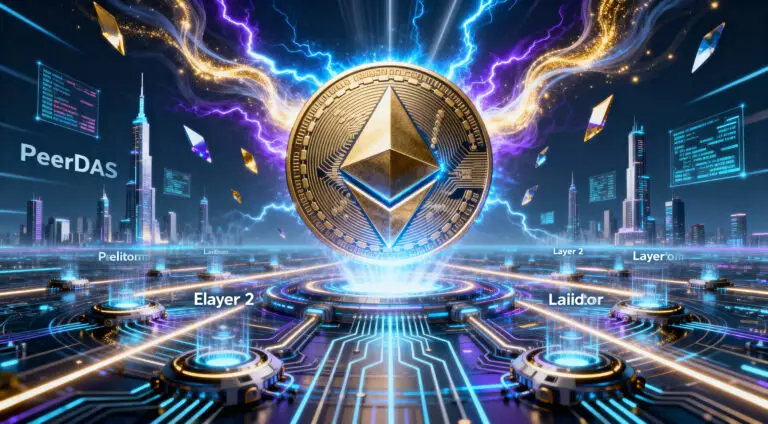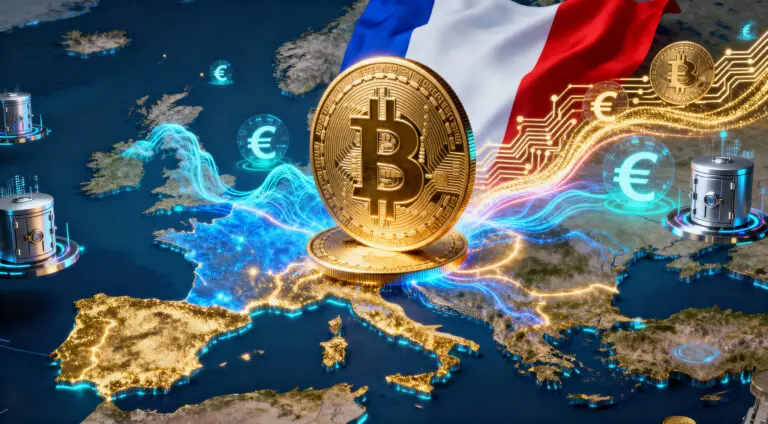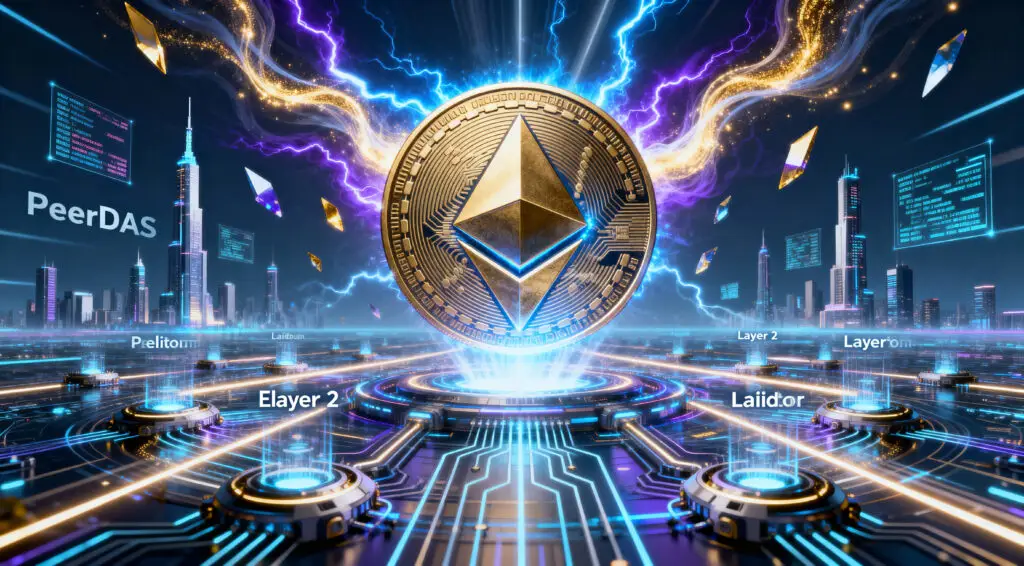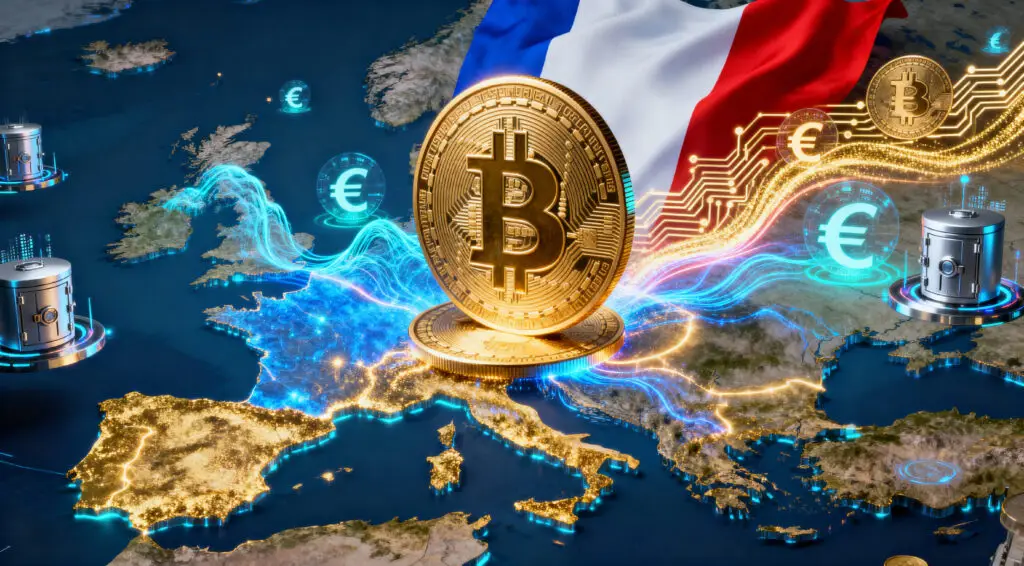Think of a world where all your digital assistants could manage your calendar, negotiate bills, buy groceries, and take care of your entire finances without any physical commands. This sounds like a scene from a fictional movie, but, in fact, it is the world we are heading to with autonomous AI agents. With the tireless AI agents becoming a part of our contemporary world, a very important question presents itself: which technology would fuel their independent operations? An increasing number of passionate tech experts firmly believe the answer would be cryptocurrency.
The Autonomous Agents Are Born: Living In A World Without Taps or Swipes
It looks like we have already taken the first steps towards implementing autonomous AI technologies. Personal calendar assistants cross-check schedules and sync meetings while home devices optimally adjust our environment. In the near future, we can expect a new swarm of unparalleled, tireless agents managing everything on our behalf, like representing us online or even diagnosing illnesses—by proxy. These intelligent agents, for example, will interface with language models as well as other agents and services within their networks. The result will be a fluid, decentralized marketplace working at machine speed.
The Reserved Space of Legacy Finance: Built For Humans, Not Machines
Unfortunately, the existing financial systems, like credit cards and bank transfers, are legacy systems that operate on traditional rails. These systems are designed for humans with cumbersome interactions, lacking the required speed, borderless access, and permissionless access needed by a network of intelligent agents. Take, for instance, the credit card infrastructure. How would it manage the burden of thousands of microtransactions per second from AI agents located in different time zones and on messaging apps? The answer is straightforward: it can’t work.
The Disruptive Role of Crypto: An Operating System of Finance for AI
The gap between autonomous AI and traditional finance is exactly the reason why cryptocurrency exists today: It is not an option; it is a necessity. From day one, blockchain technology was intended to optimize value transfer in trustless, complex scenarios on a global scale. From decentralized finance (DeFi) to gaming and even real estate, crypto has demonstrated its efficiency in digital-first economies. Now, it is ready to serve as the Financial Operating System for the new era of autonomous AI.
To put it practically, consider two autonomous agents. One of them represents a customer, and the other one is a merchant. They negotiate through self-executing smart contracts. The payment takes place via a digital token, and the transaction is recorded on a distributed ledger. No traditional banks are necessary for any of the steps—the verification, human involvement, or even time is eliminated entirely. This scenario of machine-to-machine commerce might seem astronomical but is grounded in reality—progressive tech thinkers such as Vitalik Buterin, Balaji Srinivasan, Sergey Nazarov, and Humayun Sheikh are bringing it to life.
These innovators are working towards the day when AI agents could have their own digital wallets, own various crypto assets, autonomously sign smart contracts, and interact in a trustless manner. “What is money after generative AI and robotics? This is essentially crypto,” said Balaji Srinivasan.
Filling the Gap: Creating Infrastructure for an Autonomous World
The development of AI agents comes full of exciting social opportunities, yet at the same time presents daunting social and technological challenges. The monetization and deployment of AI agents must happen in a fully integrated manner through ubiquitous platforms such as messaging apps, mobile interfaces, and decentralized protocols.
To close this infrastructure gap, social protocols are needed that empower a diverse spectrum of creators, from no-code builders all the way to advanced AI engineers. These systems must provide a means to construct economically autonomous intelligent agents. Besides intelligent agents, intuitive interfaces will be needed for users to easily discover and efficiently coordinate with the agents. Robust infrastructure needs to be built to handle identity verification, seamless payments, and interactions with millions of agents concurrently.
This moment marks a turning point. We are witnessing the merging of AI and crypto, not just as passing hype cycles, but as synergistic fundamentals of the next version of the internet. Crypto provides the trust and value exchange, while AI offers the cognitive power and autonomy. Combined, they are constituting the economic framework of a new machine-dominated world, wherein the smooth transfer of digital currency activates the sophisticated operations of autonomous agents. To fully fuel this future, we need to unshackle AI from old-world financial systems, granting these digital beings a currency that resonates with them: crypto.















